Directory
- Share
Gosha Geogdzhayev
- Scholar
- United States, Russian Federation
- 2024 MPhil Quantitative Climate and Environmental Science
- Queens' College
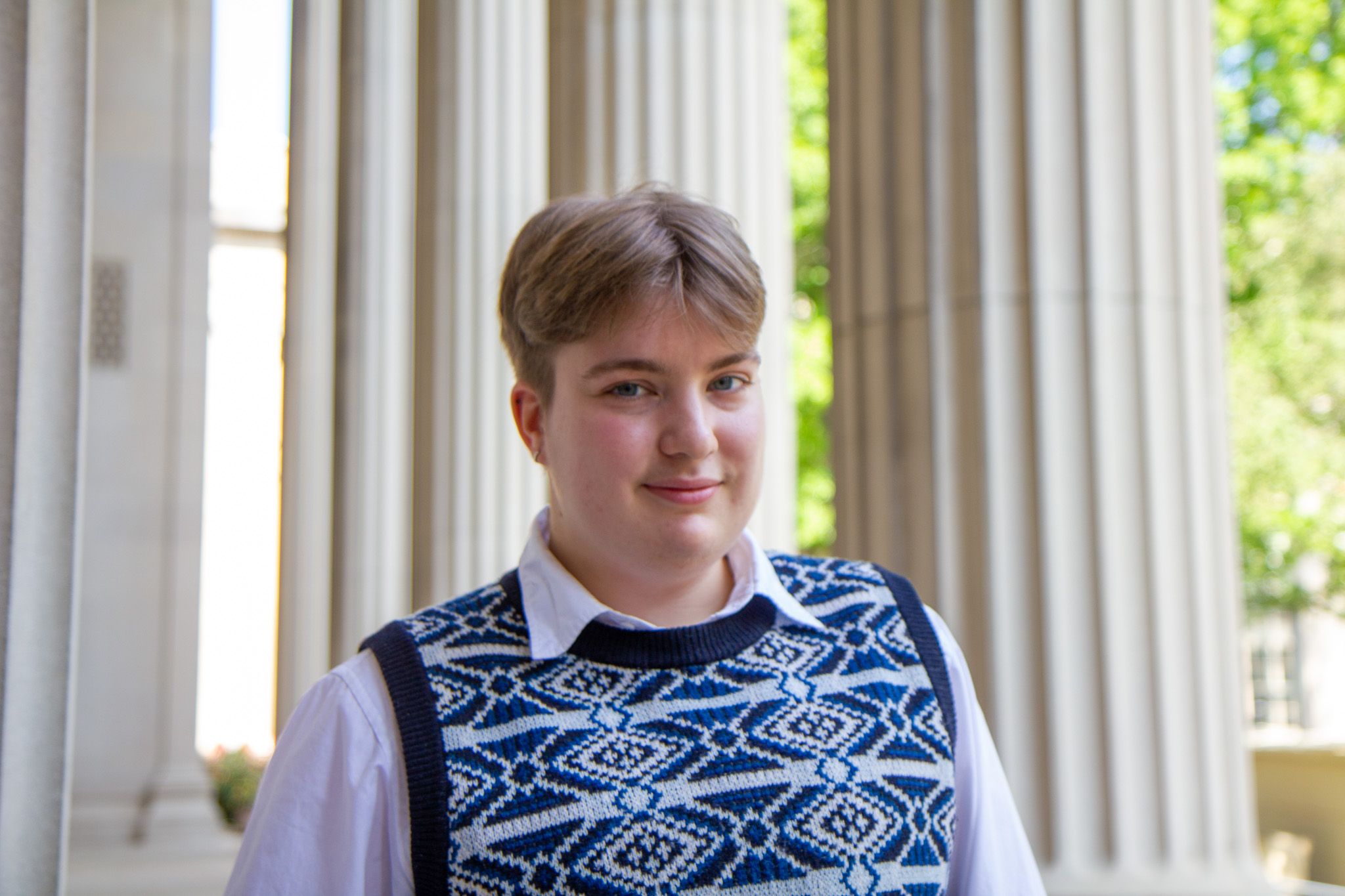
Gosha Geogdzhayev
- Scholar
- United States, Russian Federation
- 2024 MPhil Quantitative Climate and Environmental Science
- Queens' College
I grew up in New York City and attended the Massachusetts Institute of Technology, where I studied Physics. At MIT I became fascinated by the beauty and complexity of the Earth system, as well as the fundamental challenge of predicting the future climate. Through research projects at MIT, NOAA, and NASA, I have spent the past several years developing statistical methods for climate prediction. I am broadly interested in using novel mathematical and computational methods to make climate models more useful for climate adaptation. At Cambridge, I will obtain my MPhil in Quantitative Climate and Environmental Science. I will research the application of data-driven methods such as machine learning to the study of climate predictability. I believe that better climate models and prediction capabilities are crucial to addressing the impacts of climate change equitably and effectively. I am excited to join the global community of Gates Cambridge scholars dedicated to improving our changing world.
Previous Education
Massachusetts Institute of Technology Physics 2024
Nathan George
- Alumni
- United States
- 2003 CASM Mathematics
- Emmanuel College
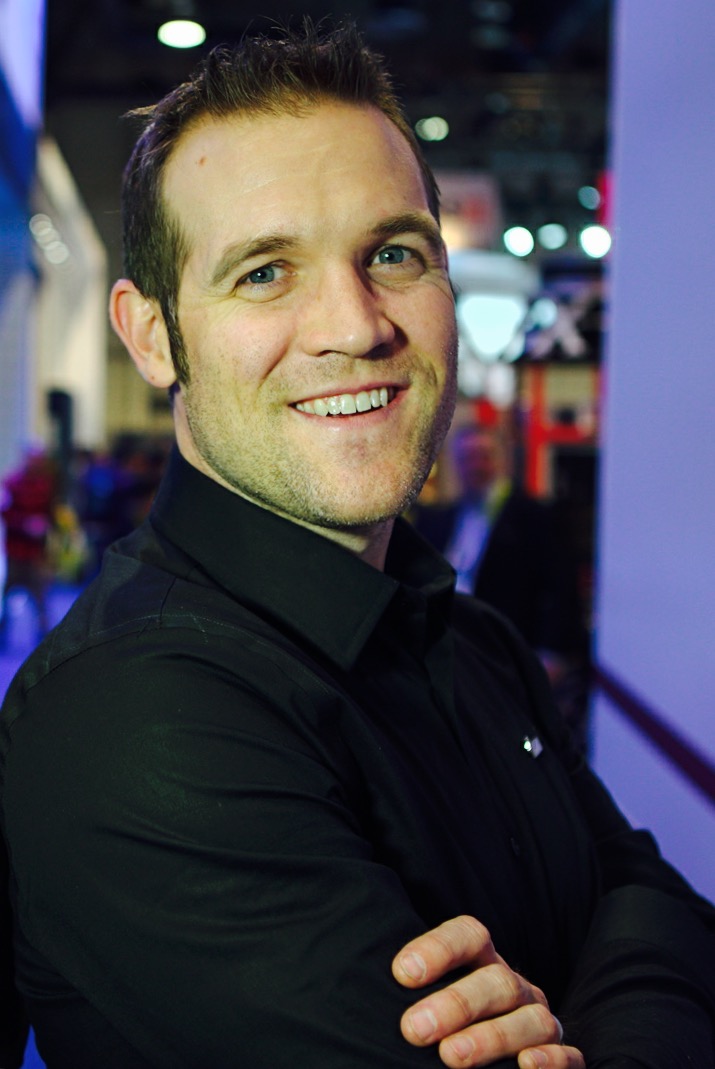
Nathan George
- Alumni
- United States
- 2003 CASM Mathematics
- Emmanuel College
Talia Gershon
- Alumni
- United States
- 2008 PhD Materials Science
- Clare College
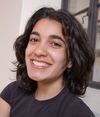
Talia Gershon
- Alumni
- United States
- 2008 PhD Materials Science
- Clare College
Hello, fellow Gates Scholars! Born and raised in New York, I completed my BS in Materials Science and Engineering at MIT and am now going into the third year of my PhD at Cambridge (in Materials Science and Metallurgy). My research focus is inexpensive solar cells, which absorb light and convert it directly to electricity. As you might already know, the solar cells you find on the market today are too expensive to be cost-competitive with coal-based electricity, so we are trying to develop alternatives (ask me about this!). I also play rugby on the Cambridge Blues squad and encourage all who are interested to consider giving it a go! It’s a great opportunity to meet a lot of new people and try playing a sport that is probably brand new to you.
Mikaela Gerwin
- Alumni
- United States
- 2019 MPhil History and Philosophy of Science and Medicine
- King's College
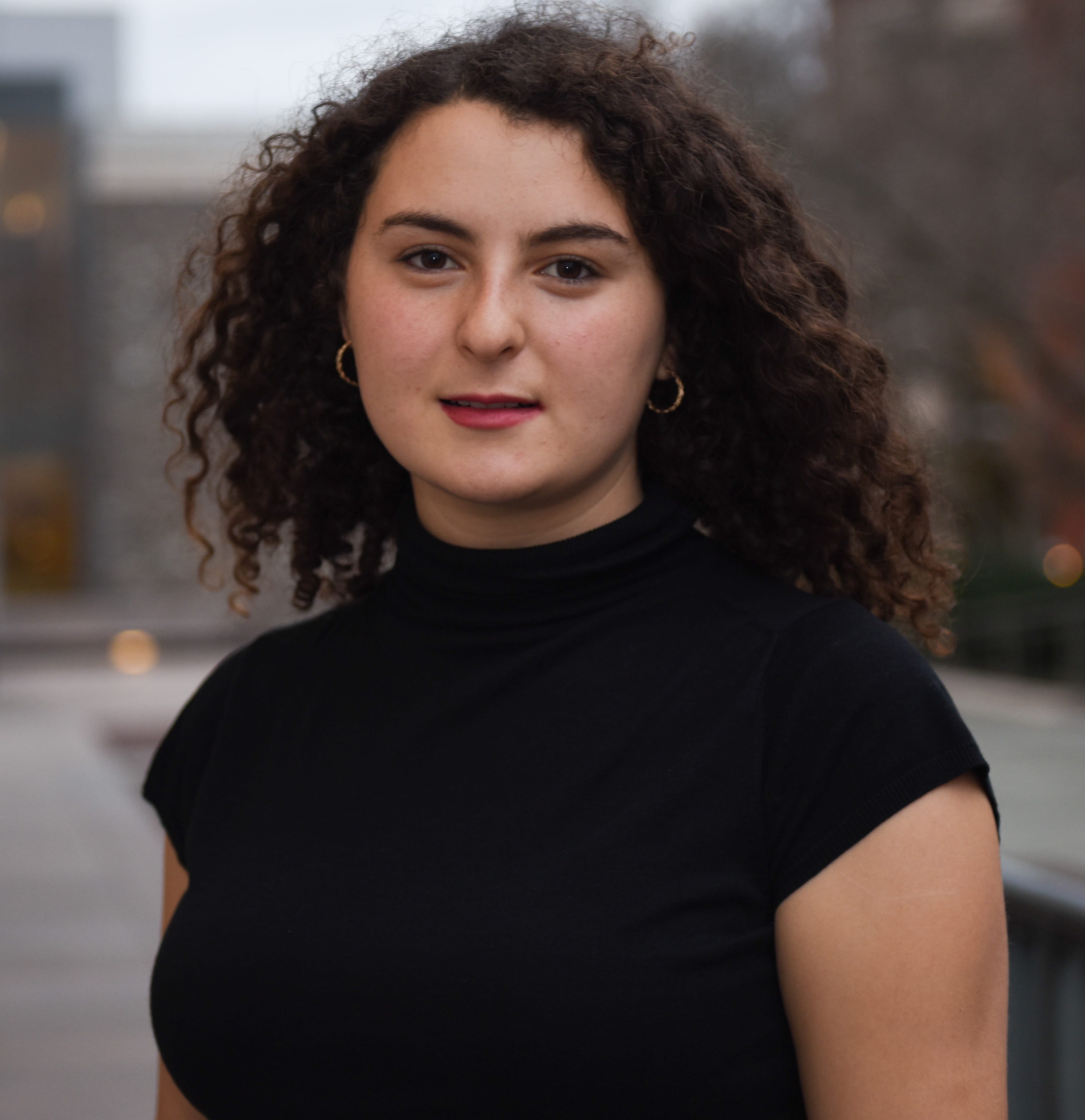
Mikaela Gerwin
- Alumni
- United States
- 2019 MPhil History and Philosophy of Science and Medicine
- King's College
Although I grew up in New York City, I spent two years in Jerusalem and a gap year in rural Peru before completing an undergraduate degree in History, and Global Health and Health Policy at Princeton University. As a History and Philosophy of Science and Medicine student at Cambridge, I am committed to the interdisciplinary mission of interrogating science and medicine through the lens of humanities. I will study fourteenth-century bureaucratic documents, using paleographic and digital humanities methods to explore the local effects of the plague on class relations and Jewish-Christian interactions. I seek to understand the public health issues facing our societies today in the context of experiences centuries ago. It is my goal to bring this unique medievalist perspective and training to the public policy sphere where I aspire to highlight voices often excluded from bureaucratic systems, and facilitate deep historical, culturally-specific approaches to public policy creation.
Previous Education
Princeton University Bachelor's DegreeHistory & Global Health Policy 2019
Yardena Gerwin
- Alumni
- United States
- 2023 MPhil Health, Medicine, and Society
- Newnham College
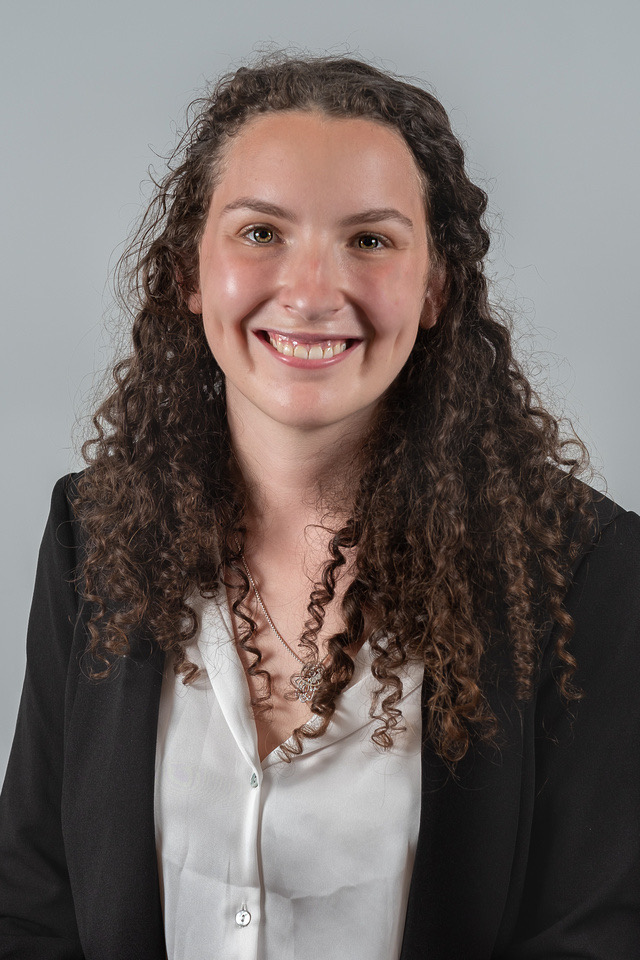
Yardena Gerwin
- Alumni
- United States
- 2023 MPhil Health, Medicine, and Society
- Newnham College
At Middlebury College I pursued an independent major in Disability Studies and Social Determinants of Health. My junior thesis excavated the stories of women incarcerated against their will in United States asylums. I used theories of disability to conduct twenty interviews with people with disabilities in corporate positions. When employees do not disclose disabilities, companies do not grant workplace accommodations or include people with disabilities in diversity metrics. As a result of my studies the Middlebury Center for Career and Internships created a position where I serve as a peer-specialist in career counseling for students with disabilities. I continued this work as a disability policy intern for the Senate HELP Committee I collaborated closely with disabled constituents and advocacy organizations, As a student of history and both gender and disability studies, I am drawn to Cambridge’s MPhil in Health, Medicine and Society as a program that will let me weave together these distinct disciplines. This degree will prepare me for a future career in disability policy and accessibility. Ultimately, studying at Cambridge will equip me to help reshape institutions and create a more accessible future.
Previous Education
Middlebury College Disability Studies 2023
Florian Gessler
- Alumni
- Germany
- 2014 PhD Clinical Neurosciences
- St Edmund's College
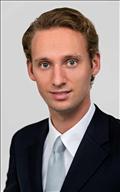
Florian Gessler
- Alumni
- Germany
- 2014 PhD Clinical Neurosciences
- St Edmund's College
After completion of my MD studies, I began working as a resident in the department of Neurosurgery at the Goethe University in Frankfurt, Germany under guidance of Prof. Volker Seifert. During my residency and my recent research I became interested in the interaction between coagulation factors and tumour cells. Driven by the idea of interdisciplinary approaches to develop novel treatment strategies, I am honoured to be starting my PhD project in the laboratory of Dr. Stefano Pluchino in the Department of Clinical Neurosciences with the generous support of the Gates Cambridge Trust. My research focuses on the interaction between neural stem cells and the immune system. In the future, I want to combine my passion for clinical and experimental research to improve the treatment of patients as a surgeon-scientist.
Ben Geytenbeek
- Alumni
- Australia
- 2016 PhD Physics
- Darwin College
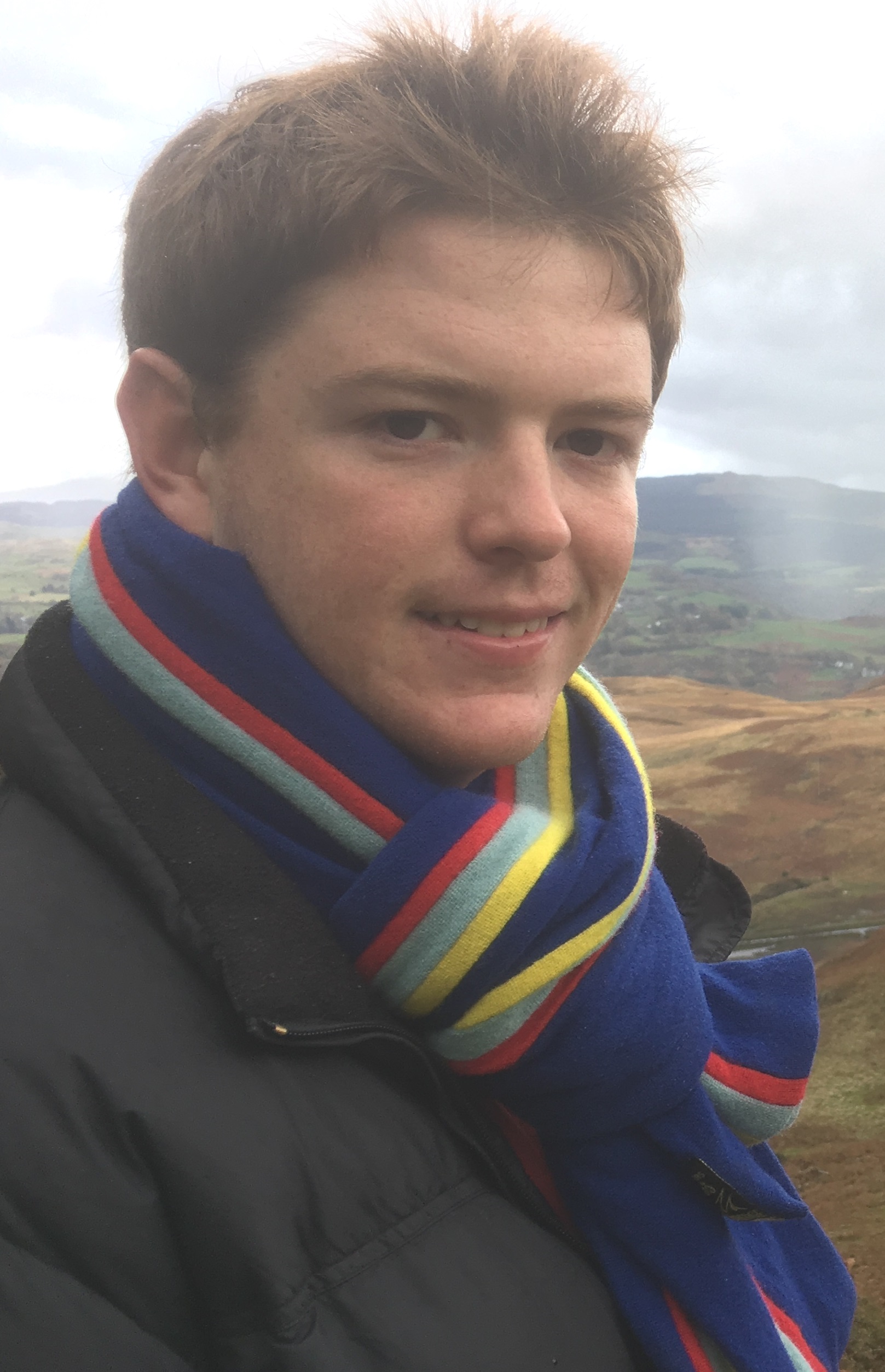
Ben Geytenbeek
- Alumni
- Australia
- 2016 PhD Physics
- Darwin College
I grew up in the Adelaide Hills in South Australia. At high school, I became involved with my local observatory. There, I began to realise my passion for trying to understand the mysteries of the universe; what is the universe made of, and how did it come to be today? As an undergraduate, I studied a Bachelor of Science (Advanced) with Honours, majoring in Physics at the University of Adelaide. In my final year project, I investigated the effect of dark matter in the sun. I have also been passionately involved in initiatives aimed at improving the lives of university students, such as the Adelaide University Sciences Association, and the Australian Government Office of Learning and Teaching.My goal at Cambridge is to help shed more light on the contemporary problems in theoretical physics. In particular, I will be investigating extensions to the Standard Model of particle physics to explain phenomena such as gravity and dark matter. Through experiments like the Large Hadron Collider and astrophysical and cosmological observations, we can probe for new physics that will provide deeper understanding of our universe and drive technological innovation for generations to come. The Gates Cambridge scholarship will enable me to be at the forefront of groundbreaking research such that I can make a valuable contribution to the knowledge of humankind.
Previous Education
University of Exeter
University of Adelaide
Mohammad Ghassemi
- Alumni
- United States
- 2010 MPhil Bioscience Enterprise
- Girton College
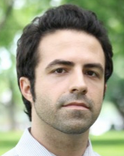
Mohammad Ghassemi
- Alumni
- United States
- 2010 MPhil Bioscience Enterprise
- Girton College
Mohammad Ghassemi is an award winning scholar and entrepreneur. He holds a Ph.D from the Massachusetts Institute of Technology in computer science with a focus on artificial intelligence, and a minor in institutional communications. He is regarded for his work in creating the world's largest open access intensive care database, a wearable A.I. for social coaching and a rapidly growing platform that connects thousands of students for face-to-face meetings at six universities across the US.
Mohammad has over 10 years of experience working in technical and strategic consulting with some of the world's biggest brands (Allstate, Estee Lauder, Thomson Reuters, and Samsung). In prior engagements, he has guided innovation strategy, and built data-driven technologies that leverage AI+'Big Data' to increase customer engagement, improve cost effectiveness, and prioritize innovation opportunities. He was a recipient of the nationally renowned Goldwater scholarship, the internationally renowned Gates-Cambridge award, and several awards from the National Institutes of Health.
For his entrepreneurial accomplishments, he has received awards from, the Sandbox Innovation Foundation, The Legatum Foundation, The Mind Hand Heart Innovation Fund and MassChallenge. He was a finalist in the Bell-Labs Innovation Prize, and a recent winner of the internationally competitive MassChallenge. He holds multiple US Patents, has published a popular book on AI health applications (+150,000 downloads) and has over 20 peer-reviewed papers in several of the most highly respected scientific journals including: Nature Scientific Data, Science Translational Medicine, Proceedings of the IEEE, and the Proceedings of the Association for the Advancement of Artificial Intelligence. His many accomplishments have been featured by the BBC, NPR, The Wall Street Journal and Newsweek.
Previous Education
New Mexico State University Electrical and Computer Engineering 2008
Links
http://ghamut.com
http://ghassemi.xyz
https://www.linkedin.com/in/mohammad-ghassemi-phd-401a843
Sabrina Ghosh
- Scholar
- United States
- 2023 PhD Pharmacology
- Murray Edwards College (New Hall)
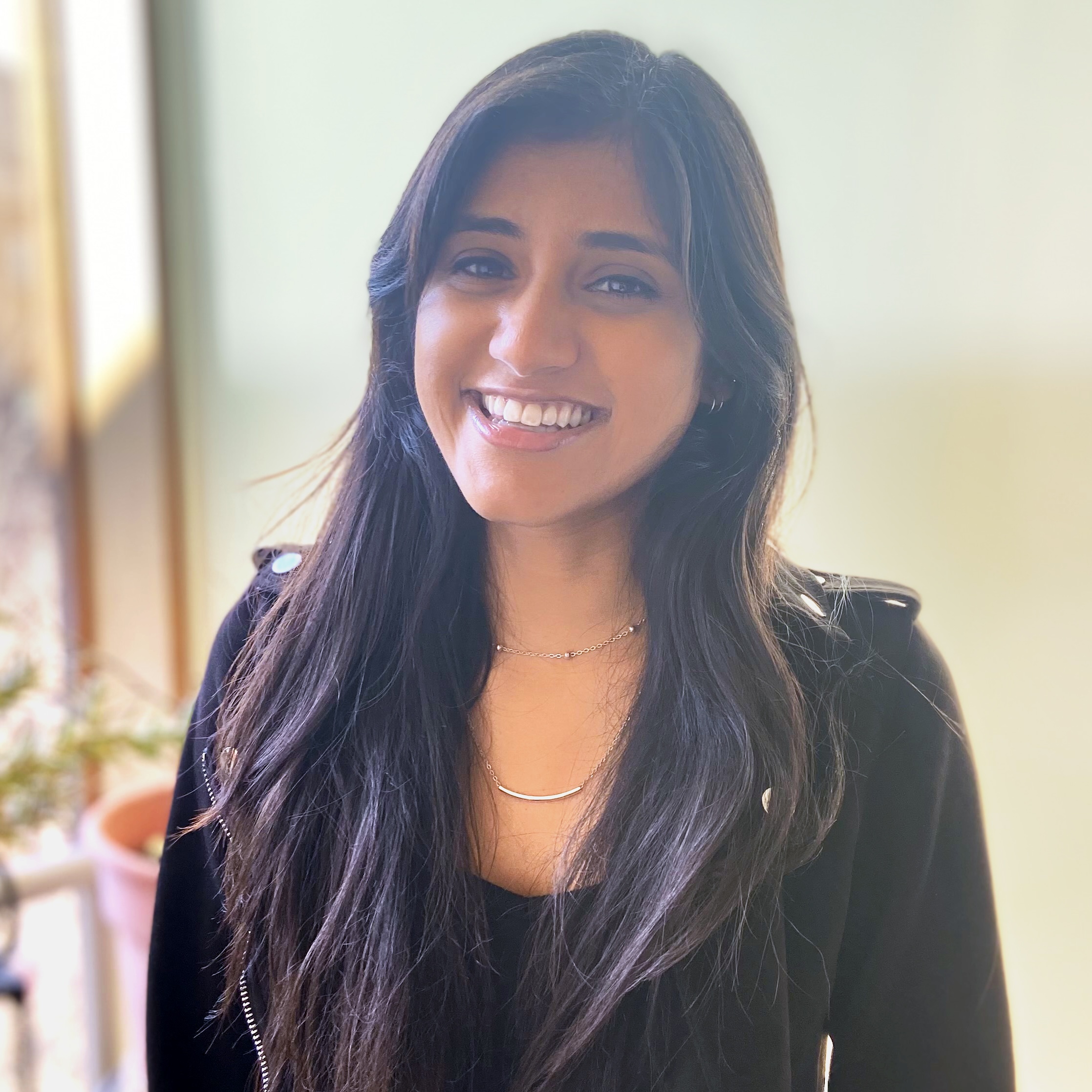
Sabrina Ghosh
- Scholar
- United States
- 2023 PhD Pharmacology
- Murray Edwards College (New Hall)
Claudia Giambartolomei
- Alumni
- Italy
- 2008 MPhil Epidemiology
- Sidney Sussex College
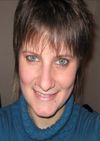
Claudia Giambartolomei
- Alumni
- Italy
- 2008 MPhil Epidemiology
- Sidney Sussex College
For the past two years I worked with the Clinical Genetics Branch of the National Institute of Health. in the Division of Cancer Epidemiology & Genetics. My responsibilities included assisting in the management of data collected from the eight ongoing clinical trials, in order to research new clues to the etiology and prevention of hereditary cancers. I also attended classes and followed seminars offered by the NIH. These experiences influenced my decision to pursue a career in epidemiology. I plan to focus my Master thesis on the molecular and genetic epidemiology of cancer. My hope is to continue research towards a PhD degree at the University of Cambridge, and continue my career within an academic environment.
Allison Giannaros
- Alumni
- United States
- 2015 MPhil Engineerng for Sustainable Dev
- Trinity Hall
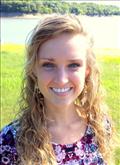
Allison Giannaros
- Alumni
- United States
- 2015 MPhil Engineerng for Sustainable Dev
- Trinity Hall
I am from the Midwest, and have strong family and community ties to rural agriculture and wildlife conservation. The intellectual and personal connections I’ve made within and between my disciplines of industrial engineering, global health studies, and business administration at the University of Iowa have intensified my passion to help people and the environment thrive. My research on alternative cooking technologies in rural India and Cameroon, as well as a spectrum of experiences working as an engineer in the public and private sectors, has made me both more aware of the complexity of my chosen field of sustainable development AND eager to strengthen my own understanding of the scientific, behavioral, and economic forces which shape it. I completed the MPhil in Engineering for Sustainable Development to learn how I can integrate the principles and practices of sustainable development into my work as an engineer. I am thankful to be a Gates Cambridge Scholar alum, and grateful to keep learning from shared lessons and experiences with fellow scholars around the world.
Previous Education
The University of Iowa
Jennifer Gibson
- Alumni
- United States
- 2001 MPhil International Relations
2002 PhD International Relations - Sidney Sussex College

Jennifer Gibson
- Alumni
- United States
- 2001 MPhil International Relations
2002 PhD International Relations - Sidney Sussex College
Linda Gichuyia
- Alumni
- Kenya
- 2011 MPhil Environmental Design in Architecture
2012 PhD Architecture - Hughes Hall
Linda Gichuyia
- Alumni
- Kenya
- 2011 MPhil Environmental Design in Architecture
2012 PhD Architecture - Hughes Hall
My PhD work seeks to develop new insights on adaptation design measures that are effective both in the short term and in the long term future to the effects of climate change, in a carbon constrained environment of a developing country. A challenge that designers face in developing countries now is how to design to achieve the required habitable conditions of spaces in a building’s lifetime without compromising on energy consumption in the urbanization process. I believe that developing countries offer enormous potential to adopt radical solutions aimed at achieving energy conservative building design geared towards mitigation of climate change on one hand and on the other hand designed to become adjusted to many changes in a building’s lifetime including changing environmental conditions (e.g. climate change and effects of urbanisation), social-economic developments, changes in legislation, and technological advances among others.
Aubrey Gilbert
- Alumni
- United States
- 2001 BAaff Natural Science
- Wolfson College

Aubrey Gilbert
- Alumni
- United States
- 2001 BAaff Natural Science
- Wolfson College
Dehn Gilmore
- Alumni
- United States
- 2002 MPhil European Literature
- Trinity College

Dehn Gilmore
- Alumni
- United States
- 2002 MPhil European Literature
- Trinity College
Margaret Gilroy
- Alumni
- United States
- 2014 Mphil Nuclear Energy
- Churchill College
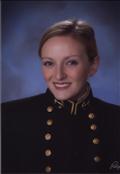
Margaret Gilroy
- Alumni
- United States
- 2014 Mphil Nuclear Energy
- Churchill College
I am honored to be joining the Gates community to study for an MPhil in Nuclear Energy at Cambridge. Nuclear Energy has the potential to serve as a clean, cost-effective baseline source in a diverse, global energy profile. The first steps toward this desirable end state are two-fold: to establish safe, long-term nuclear waste disposal methods, and to garner informed societal support for the responsible use of nuclear energy. At Cambridge, I will focus on these challenges, and consider the safety mechanisms employed by the US Navy's submarine fleet, evaluating their potential for application in the civilian sector. I will then complete a year of technical nuclear power schooling and eventually serve as an officer on nuclear submarines. I hope this unique combination of experiences will allow me to contribute to the nuclear energy technologies and policy that could potentially transform the global energy industry and, subsequently, the world's economic and political landscape.
Daniel Ginzburg
- Scholar
- United States
- 2022 PhD Plant Sciences
- Darwin College
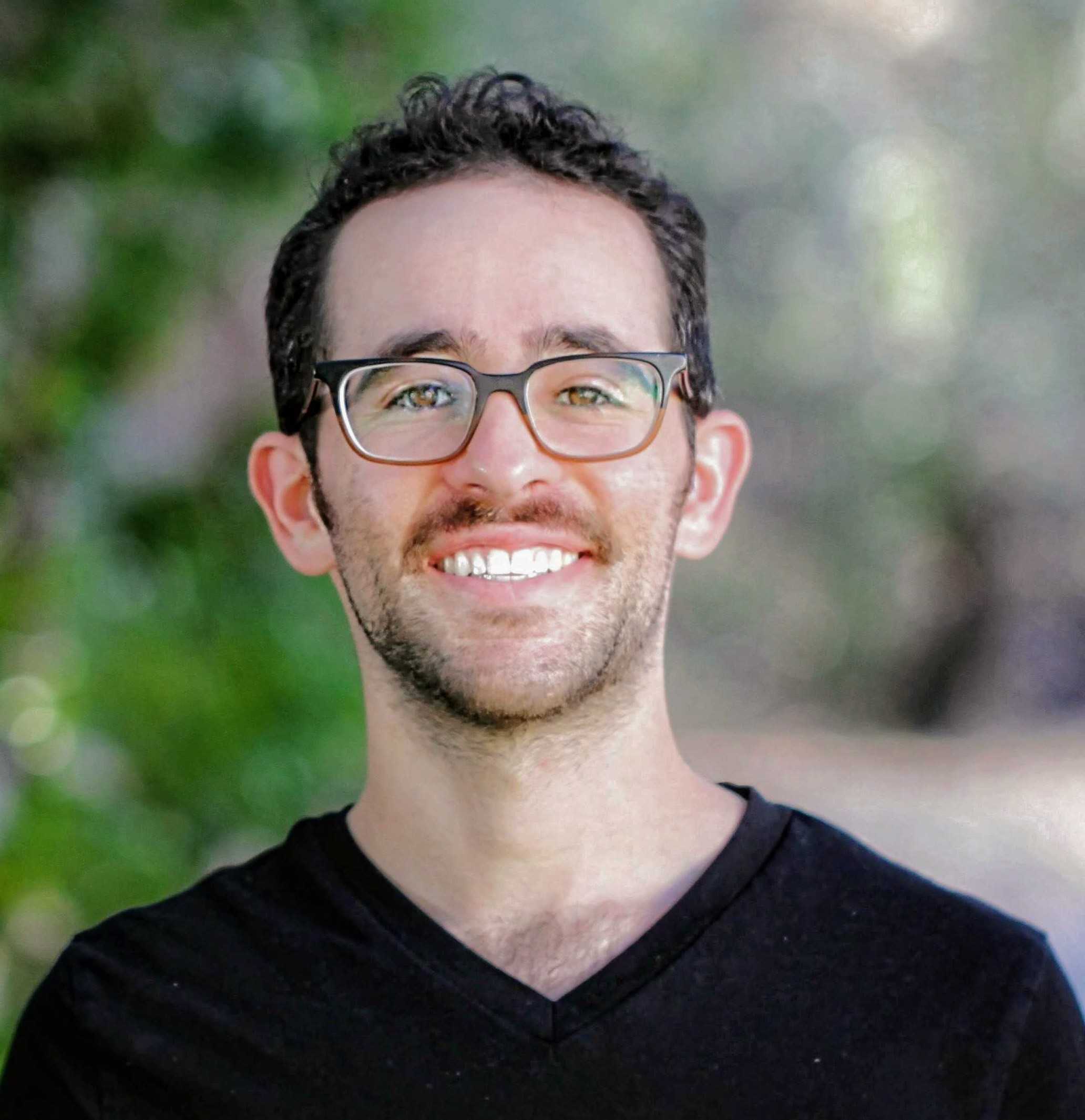
Daniel Ginzburg
- Scholar
- United States
- 2022 PhD Plant Sciences
- Darwin College
As an undergraduate at Northwestern University, I studied Earth sciences to better understand the fundamental processes underpinning the natural environment and how modern society has pushed those processes to the brink of collapse. I learned that one of the greatest sources of unsustainable natural resource consumption is modern agriculture. This was an auspicious realization, as the study of agriculture overlaps with many interesting disciplines from nutrition to environmental sustainability to biotechnology. I therefore decided to study agricultural sciences as a masters student at The Hebrew University of Jerusalem. I researched how light quality influences plant growth and resilience to stress. As a natural progression, I then moved into commercial greenhouse hydroponics where I worked to optimize environmental conditions most suitable for crop growth. I then returned to more academic pursuits at the Carnegie Institution for Science, where I continued to investigate how plants respond to environmental stress. At Cambridge, I will explore how plants anticipate and adapt to environmental fluctuations. Insights gained from this research will support continued efforts to breed more efficient, productive, and sustainable crops.
Previous Education
Hebrew University of Jerusalem Agricultural Sciences 2018
Northwestern University Earth & Planetary Sciences 2013
Rachel Giraudo
- Alumni
- United States
- 2001 MPhil Archaeology
- Peterhouse

Rachel Giraudo
- Alumni
- United States
- 2001 MPhil Archaeology
- Peterhouse








